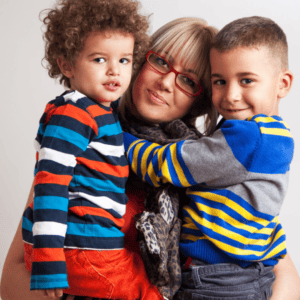Our mission is to make a positive impact on children’s lives, enabling them to achieve their full potential, have a sense of belonging, and grow as individuals. There are many ways to foster. Can you help us?
Changing children's lives
Fostering happens when a child goes to live with a foster carer because they cannot live with their own family at a particular point in time. Whatever the reasons for this, it’s a difficult time for them, so they need a stable home and plenty of support, care and understanding.
It could be for just a few days, a few months, or even longer. That’s why there are different types of fostering to match the different needs of children. YOU can choose which type of fostering suits your household, skill set and lifestyle. Choose how you make a difference.

Types of Fostering
Short Term Fostering
Short term fostering is for children or young people who need to be looked after until they can return home, or move into long term fostering or in some cases become adopted.
Long Term Fostering
Long-term fostering placements are often sought when it is determined that a child or young person is going to be unable to return to their birth family, for a variety of reasons.
Respite Fostering/ Overnight Stays
Respite fostering is a type of short-term foster placement where the child or children are placed with a different foster family in order to provide a breather to their current family.
Back-up
Foster Care
A Back-up Carer as someone who can step in as needed and care for the children in a foster family household. Usually they provide care for a weekend or a few days at a time.
Specialist Fostering
Being able to provide a home for siblings and keep them together is one of the most valuable and rewarding types of fostering that you can do.
It is one of the most sought-after fostering requests from Local Authorities. Foster Carers who can help provide a home so that siblings can stay together are in high demand.
We believe that keeping siblings together is important. For children coming into care, often the only support network or constant presence they have experienced comes from their siblings. To be placed in a foster home along with brothers and sisters helps them to retain a connection to their family, and can bring feelings of familiarity, comfort and wellbeing.
From a child’s point of view, having your brothers and sisters with you will mean keeping that important family bond. It helps to make a foster home much less daunting.
Fostering siblings is different to caring for a single child. You will need more than one spare bedroom (all foster children need their own private space). Whilst same-sex siblings may be able to share in some circumstances, this will not always be the case.
As with all types of fostering, having the time and energy for each child is also very important. Children will arrive with different needs, and as a foster carer your role will be to ensure that those needs are met for all children in your care.
We do provide specialist training for foster carers who are able to foster sibling groups.
Whilst this category of fostering may be less well known in the wider world, it is no less important. Parent and baby fostering, also known as Parent And Child Together (PACT) fostering, is a specialist type of fostering where a parent often a mother and their baby, comes to stay with you at a time when they need extra support.
Over a 12 week assessed period, you would provide support and guidance to the parent, helping them build their skills and confidence. They learn to cope with parenthood with additional support and in a safe, secure environment.
PACT can be for a mother and baby/child, a father and baby/child, or mother, father and baby/child. In some cases, there can be more than one baby placed or there could be more than one young child, it is not necessarily always a baby.
There are a whole host of reasons but the desired outcome for a parent and child is that, where possible, children are best placed within their own families – this is the underlying principle of the Children Act 1989. The mother or father can be any age and, if they are under 18, they may be a looked after child themselves.
PACT fostering requires additional training, which we provide to our foster carers who express an interest in this type of specialist care.
Fostering a baby or toddler is a specialist type of fostering supporting very young child under 4 years old. It is usually necessary when the baby or child’s parents or caregivers are not able to look after them at a particular point in time.
The aim is to ensure a child is looked after until they can either return home to their parents or extended family members, move into long term fostering, or be adopted.
Fostering children in this age group can be extremely demanding especially during the first few weeks, but you will be responsible for their day-to-day care and helping them to reach their important developmental milestones, which is hugely rewarding!
As a foster carer for a baby, it’s likely you’ll be called upon at short notice. Babies that come into care often need a safe place, quickly, at a home that will give them a high level of care and attention.
If you already have experience caring for a baby, then that puts you in an excellent position to become a foster carer for a baby but it’s not essential.
Many of our foster carers believe that fostering a teenager is the most rewarding and challenging role you could ever take on.
For any young person the transition into adulthood can be tough even under the best of circumstances. There are so many hormonal and physical changes taking place. It’s important that their needs are met for them to settle with their foster carers.
When teenagers come into your life, getting to know them, and gaining their trust may take some time. It’s partly because of their age and it is partly their experience with foster care.
We believe, the key to fostering a teenager is to listen to their opinions and take them seriously. Respect their privacy and encourage independence, whilst guiding them down the right path.
If you are committed to helping a child realise their potential, then you could be a great foster carer for a teenager.
When a fostered young person reaches 18, they are no longer classed as a ‘looked-after child’. However, that doesn’t mean that they are required to move out of the foster home. If you and the young person are in agreement, special arrangements can be made for them to continue to live with you. This is called Staying Put in England, and When I’m Ready in Wales.
When an unaccompanied asylum-seeking child under the age of 16 arrives in the UK, they’re looked after by the Local Authority who will safeguard and promote their welfare. Often, they’ll be placed with foster families while their Care Plans are arranged.
Most of the time, these young people will have travelled great distances to flee war, political violence, threats to life, fear of recruitment into armed groups or exposure to exploitation and abuse.
Typically they are aged between 11 and 17 years old and many are male. They’ve left their families, friends, home and culture behind them and have arrived in a place where the language and customs are strange to them.
Many of our foster carers have chosen to specialise in unaccompanied and asylum seeking fostering. Often very little is known about these children when they arrive in the UK. A key requirement for our foster carers is to provide the support, guidance and care needed to help these vulnerable young people recover their self-esteem and to settle into their new community in the UK.
For this specialist fostering you need to be at least 21 years old, be a full-time resident of the UK with good spoken and written English and you must have a spare bedroom.
We will work very closely with you and provide specialist fostering training to help you to be able to support children who are seeking asylum.

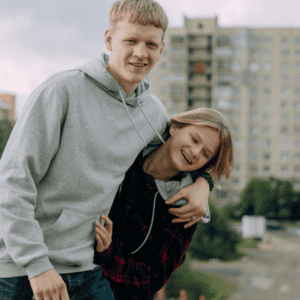
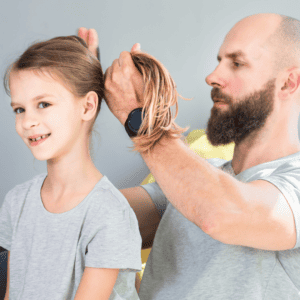
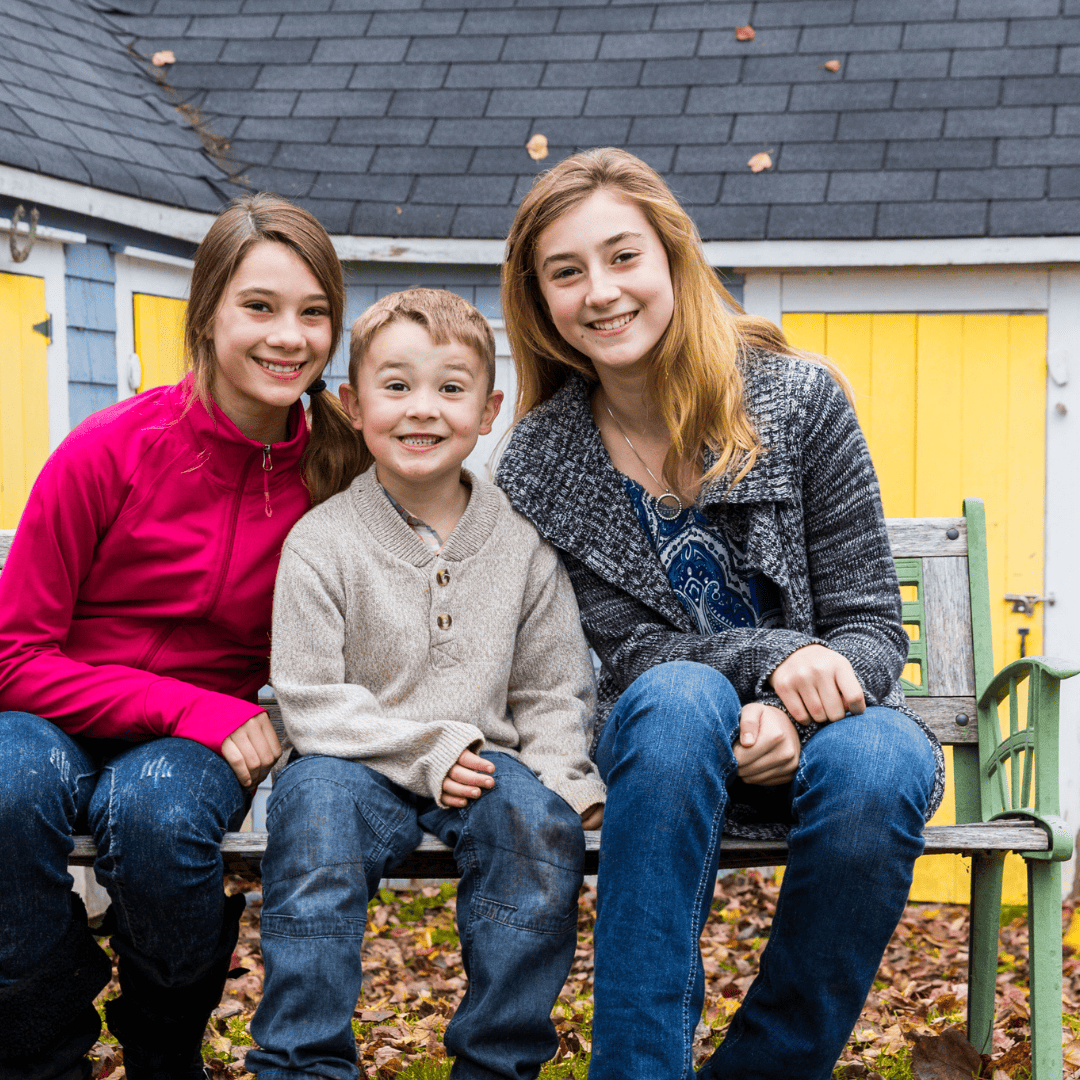
Keeping Siblings Together
“When they moved us and placed us all in different homes I felt as if God was punishing me for something. It broke my heart.”
Laura, age 16 Tweet

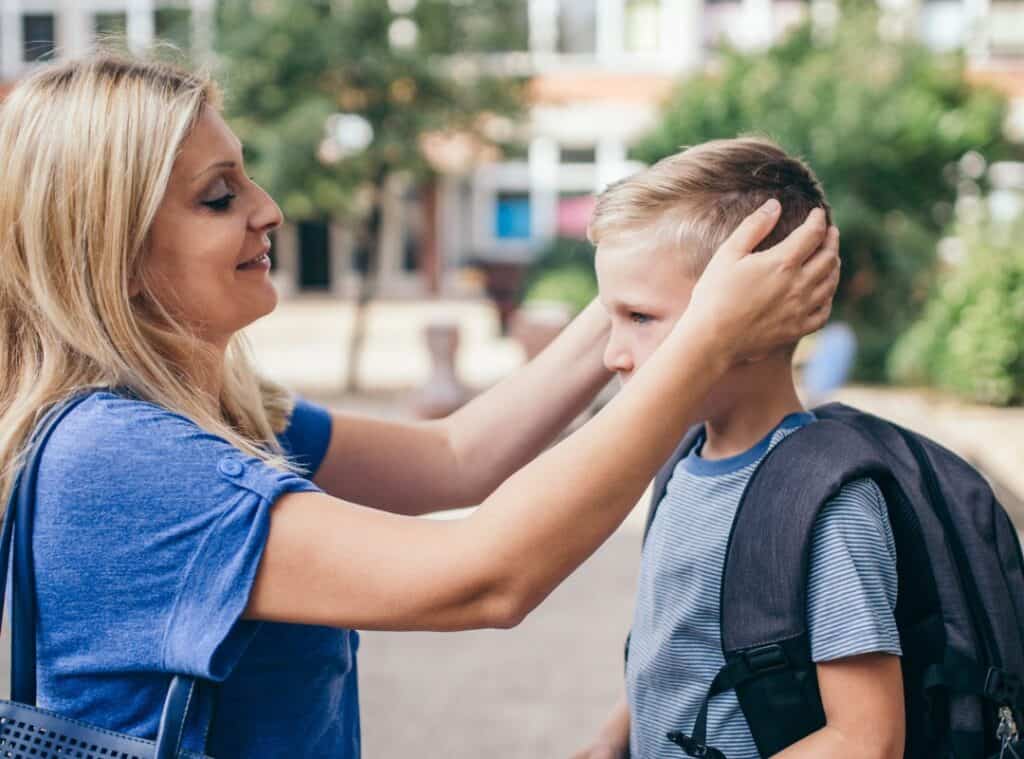
Fostering Siblings
“Keeping siblings together is critical for maintaining their close bond and attachment, and prevents further complex trauma as a result of them being separated. We are working hard to ensure that Tom gets to see his siblings as regularly as possible even though they don’t live together.”
Foster Carer, Yorkshire Tweet

